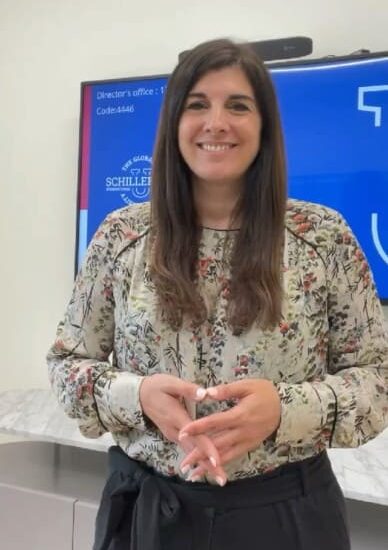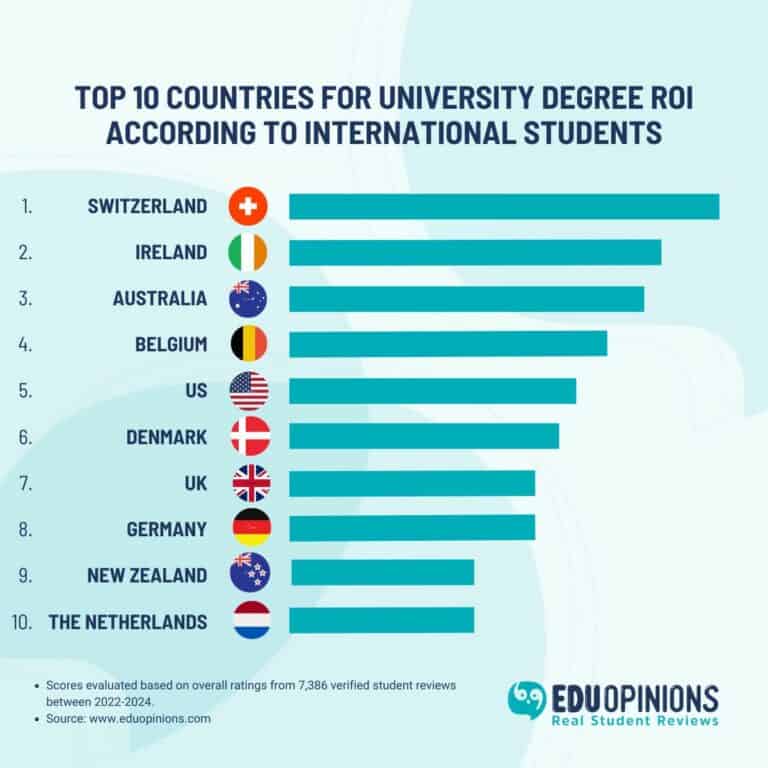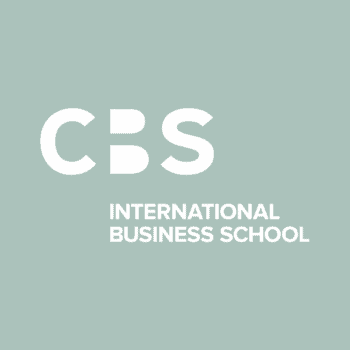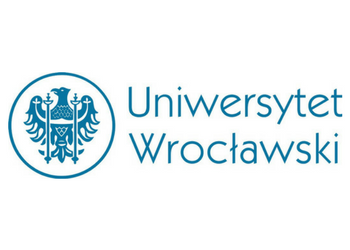In this interview, Victoria Bamond, Chief Academic Officer and Provost of Schiller International University, delves into how the university proactively equips future professionals with the necessary skills to thrive in an interconnected and ever-changing job market. Emphasising a global mindset and a commitment to continuous learning, Schiller International University’s academic model fosters well-rounded students through experiential and international learning experiences across its four campuses and online programs. With a diverse range of bachelor’s degrees, the university aims to meet the demands of the evolving job market, ensuring graduates are prepared to make a meaningful impact in any professional setting, even those that have not yet been created.
Victoria Bamond, Chief Academic Officer at Schiller International University

The rapidly evolving job market demands a proactive response from universities to equip future professionals with the skills necessary to thrive in a global and ever-changing work environment. As the world becomes increasingly interconnected, the decisions we make have far-reaching effects, necessitating professionals with a global mindset and the ability to adapt and continuously learn.
At Schiller International University, our academic model is designed to reflect our international identity and the development of well-rounded students. Grounded in our vision as “The Global American University,” we are committed to providing an experiential and international learning experience across our four campuses in Tampa (Florida), Madrid, Heidelberg, and Paris, as well as through our online programs.
We offer a range of bachelor’s degrees in fields such as International Business, International Relations and Diplomacy, Business Analytics, International Hospitality and Tourism Management, Computational and Applied Mathematics, International Marketing, and Computer Science.
In-Demand Skills for the Future
The World Economic Forum’s Future of Jobs report for 2023 identifies several key skills in high demand, including analytical thinking, creative thinking, resilience, flexibility, agility, motivation, self-awareness, curiosity, lifelong learning, technological literacy, dependability, attention to detail, empathy, active listening, leadership, social influence, and quality control.
While the specific skills required may evolve, the report suggests that creative thinking will gain the most significance in the coming years, closely followed by analytical thinking and technological literacy. Recent socio-economic disruptions have accelerated the need for skills such as empathy, leadership, and quality control. Therefore, degrees that incorporate technology as a fundamental component and foster the necessary skills to navigate the complex, ambiguous, uncertain, and volatile global environment will be in high demand. These degrees will prepare future professionals to adapt to any professional setting and continually learn throughout their lives, even for jobs that do not exist yet. In essence, they maximize students’ employability.
How Schiller University Prepares Future Professionals
Schiller International University embraces an experiential, immersive, and personalized methodology to foster these skills. Our degrees share a common goal: to equip future professionals with the ability to address global challenges by employing creative, empathetic, and transformative solutions, broadening their personal and professional horizons. To achieve this, our students have the unique opportunity to rotate among our four campuses, immersing themselves in different countries and interacting with students from over 110 nationalities, truly transforming their international learning experience.
Central to our methodology is experiential learning, which emphasizes learning by doing. This approach is primarily implemented through challenge-based learning (CBL), where students collaborate with companies or organizations to tackle real-world business challenges using interdisciplinary approaches. The solutions generated can have a tangible impact on the partnering company.
At Schiller, we believe that collaboration, both locally and internationally, with a focus on social aspects, is essential. Our methodology is complemented by the Case Method, a renowned teaching approach for which we have partnerships with esteemed institutions like Harvard University.
Another distinguishing feature of our university is our collaboration with leading institutions. Schiller International University students have exclusive access to educational programs at renowned institutions such as LSE IDEAS and Cambridge University, thanks to our collaborative agreements.
Recognizing that some high school students will work in positions that have not yet been created, we maintain an active listening approach to the professional market. Our flexible structure enables us to quickly mobilize resources and engage top professionals who can impart the knowledge and experience demanded by the market, incorporating them into our programs. Sustainability, technology, and data-related aspects are integrated throughout our university degree programs, empowering our students to become true global professionals.
Read also: Schiller University Alumni Spotlight: Navigating Success in a Globalised World
Related Posts :
Recent Posts

The moment you transfer the first tuition fee payment to your university, you'll be thinking of how you can recoup that investment. This is ...

For professionals with a few years' experience already, an MBA can be a great way of boosting your career prospects. From changing jobs or industries ...

Studying abroad for a semester or a full year can be an incredibly enriching experience. You'll get to experience a new culture, meet new people, and ...







